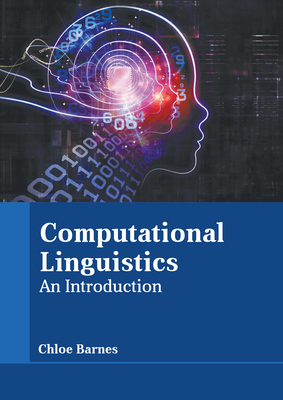通用依赖项
IF 5.3
2区 计算机科学
Q2 COMPUTER SCIENCE, ARTIFICIAL INTELLIGENCE
引用次数: 36
摘要
通用依赖关系(Universal dependencies, UD)是一种用于人类语言形态语法注释的框架,迄今为止已被用于创建100多种语言的树库。在这篇文章中,我们概述了UD框架的语言学理论,它借鉴了类型学导向的语法理论的悠久传统。词之间的语法关系主要用来解释不同语言中谓语-实参结构是如何在形态句法上编码的,而词形特征和词性类别则赋予词的属性。我们认为,这一理论是一个良好的基础,跨语言学一致的注释类型多样的语言,支持计算自然语言的理解以及更广泛的语言学研究。本文章由计算机程序翻译,如有差异,请以英文原文为准。
Universal Dependencies
Abstract Universal dependencies (UD) is a framework for morphosyntactic annotation of human language, which to date has been used to create treebanks for more than 100 languages. In this article, we outline the linguistic theory of the UD framework, which draws on a long tradition of typologically oriented grammatical theories. Grammatical relations between words are centrally used to explain how predicate–argument structures are encoded morphosyntactically in different languages while morphological features and part-of-speech classes give the properties of words. We argue that this theory is a good basis for crosslinguistically consistent annotation of typologically diverse languages in a way that supports computational natural language understanding as well as broader linguistic studies.
求助全文
通过发布文献求助,成功后即可免费获取论文全文。
去求助
来源期刊

Computational Linguistics
工程技术-计算机:跨学科应用
CiteScore
15.80
自引率
0.00%
发文量
45
审稿时长
>12 weeks
期刊介绍:
Computational Linguistics, the longest-running publication dedicated solely to the computational and mathematical aspects of language and the design of natural language processing systems, provides university and industry linguists, computational linguists, AI and machine learning researchers, cognitive scientists, speech specialists, and philosophers with the latest insights into the computational aspects of language research.
 求助内容:
求助内容: 应助结果提醒方式:
应助结果提醒方式:


